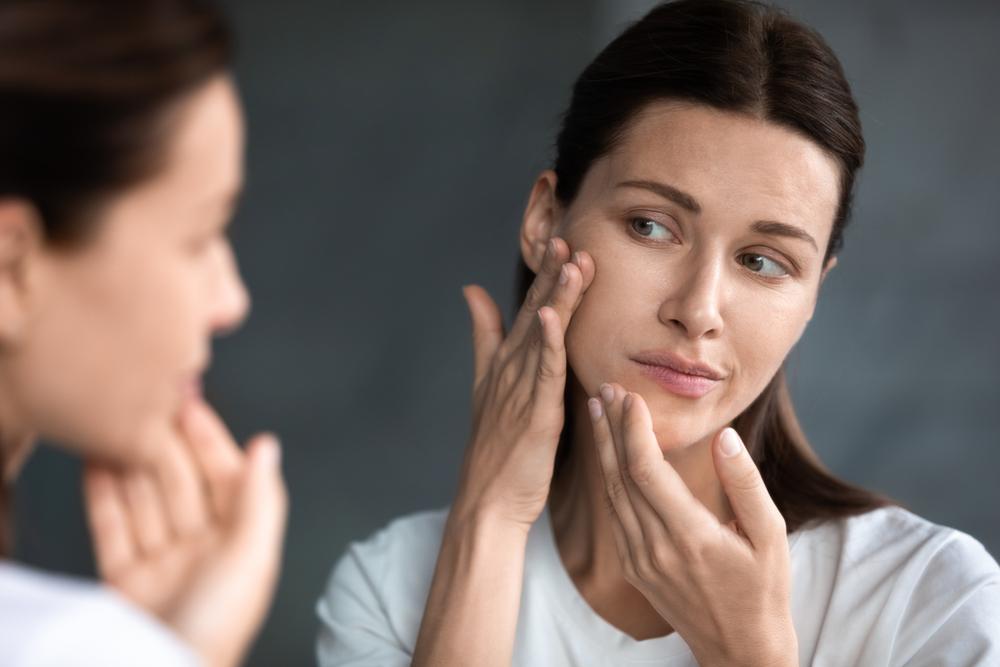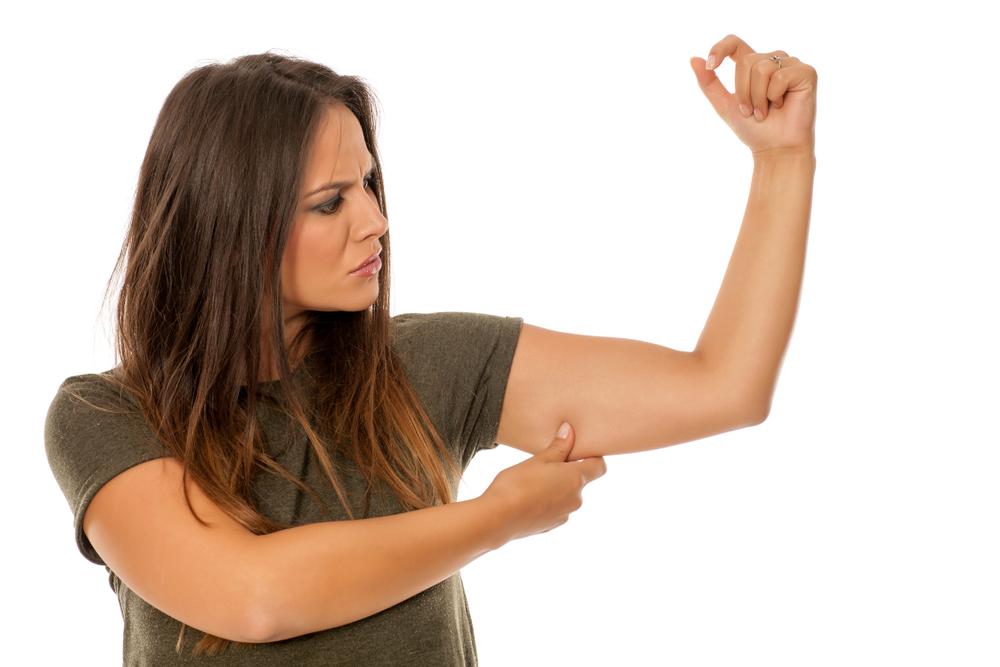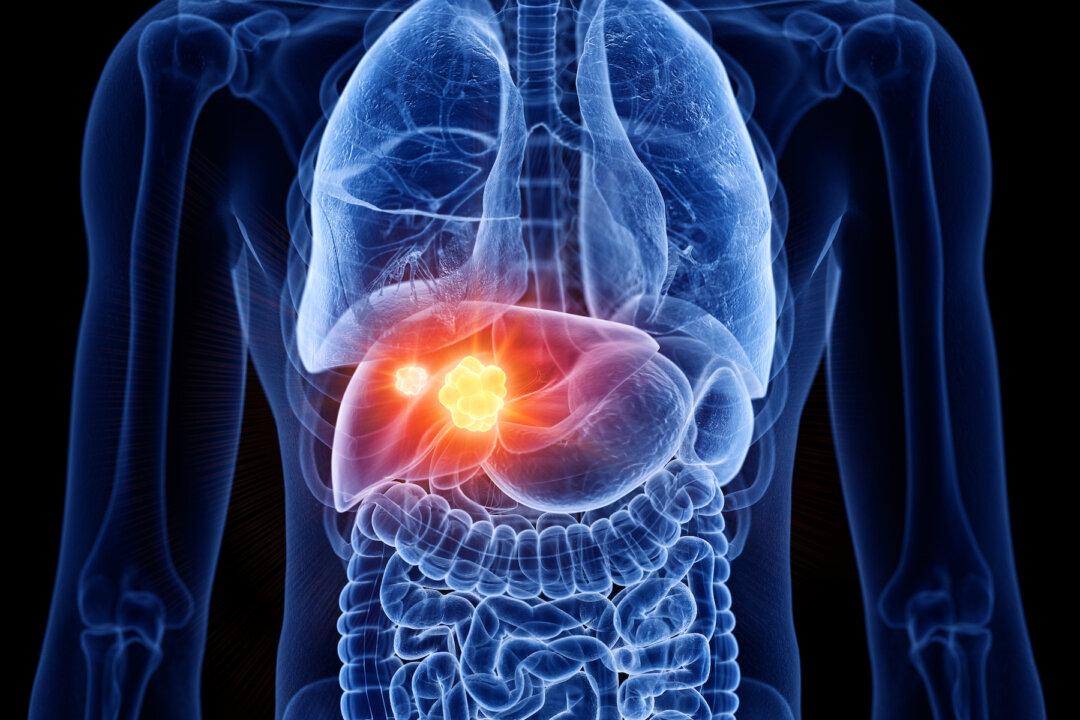The quality of our skin is largely determined by lifestyle factors such as diet, water intake, and stress as well as whether one follows a good skin care regimen. A major concern in skin care is the appearance of enlarged pores, and with the rise of pore-reducing products on the market, it can be difficult to distinguish the good from the bad, as well as knowing what to avoid to keep our pores healthy.
We discussed pore care with two skin care professionals, Desiree Stordahl, from Paula’s Choice Skincare, and Mary Schook, licensed esthetician and founder of Beauty by Mary Schook. Here, they discuss ways to improve the appearance of pores, through the use of beta hydroxy acid (BHA), exfoliants, and lifestyle changes, and how to choose the best makeup primer or foundation to soften the appearance of pores.





